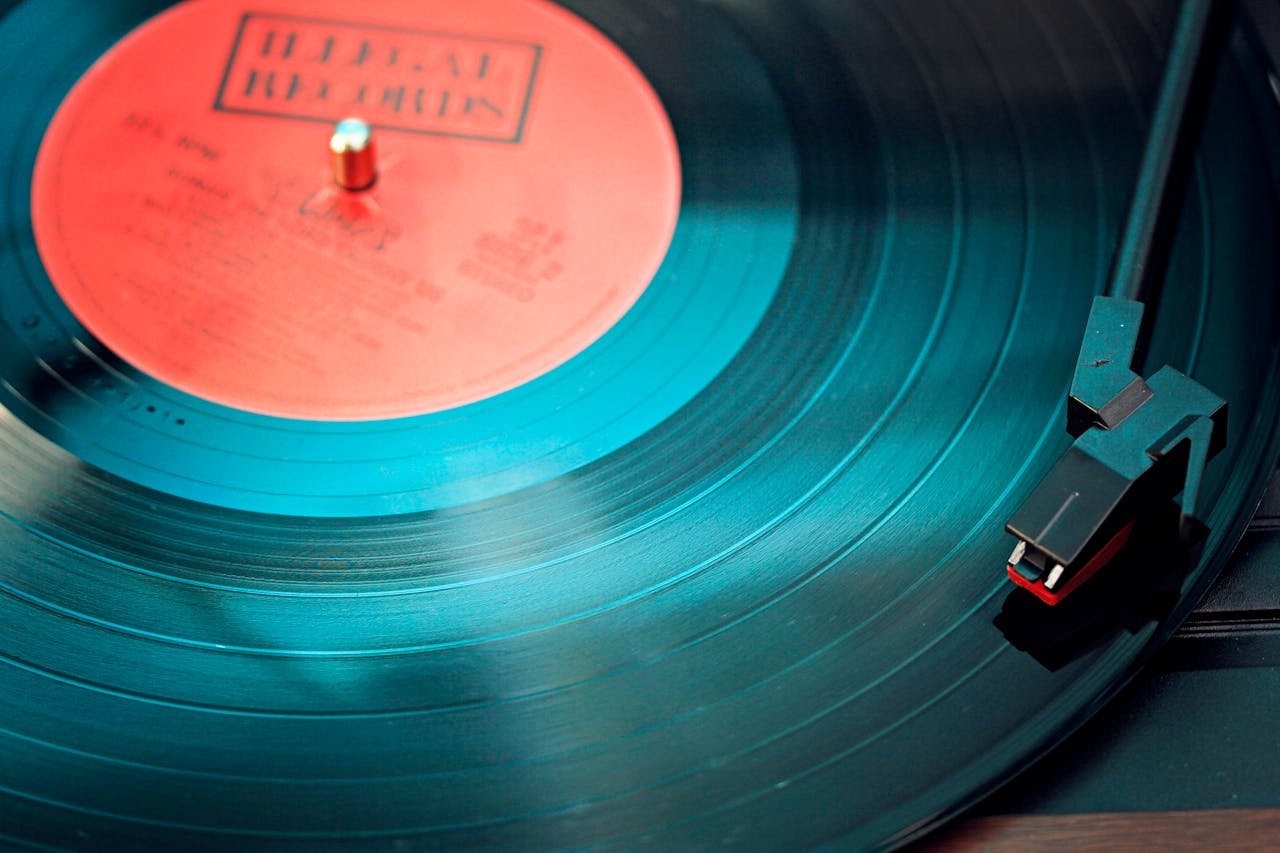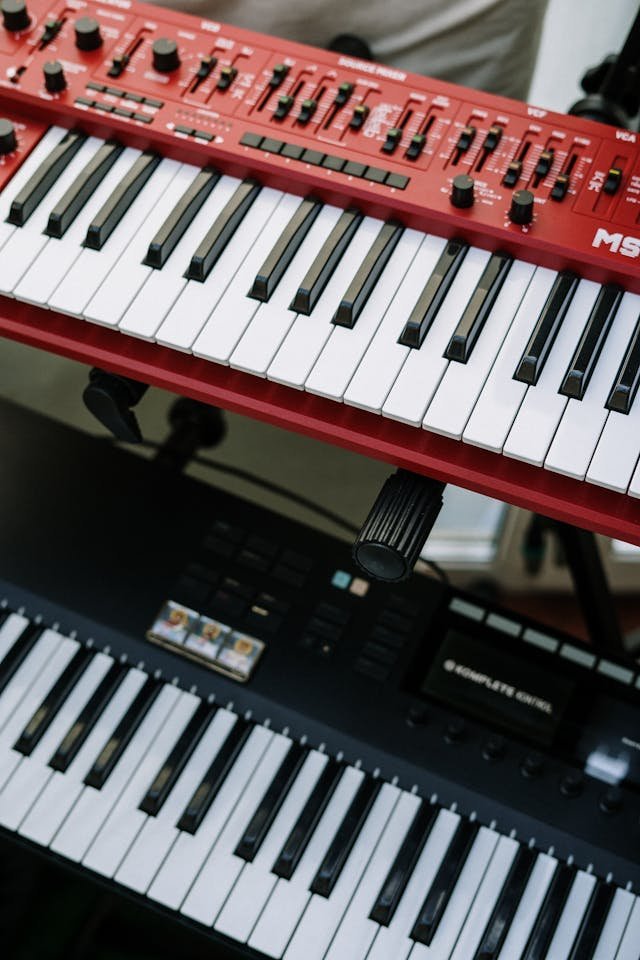Music has always been a powerful tool for emotional expression and healing, and Electronic Dance Music (EDM) is no exception. With its euphoric melodies, uplifting rhythms, and community-driven culture, EDM has the unique ability to influence mental health positively. Let’s explore how EDM impacts mental well-being, the science behind its effects, and how it can become a source of healing and connection.
The Connection Between Music and Mental Health
Music has a profound impact on our emotions and mental state. Studies have shown that listening to music can:
- Reduce Stress: Music lowers cortisol levels, helping to alleviate stress and anxiety.
- Boost Mood: Upbeat tracks stimulate dopamine release, the brain’s feel-good chemical.
- Encourage Self-Expression: Lyrics and melodies can help listeners process emotions.
EDM’s energetic beats and emotionally charged melodies make it especially effective at fostering positive mental health.
How EDM Supports Mental Health
1. The Power of Rhythm and Beats
- Impact on the Brain: The steady rhythms of EDM synchronize with brainwaves, creating a calming effect or energizing listeners, depending on the tempo.
- Physical Release: Dancing to EDM promotes physical activity, which releases endorphins and reduces feelings of depression.
- Flow States: The repetitive nature of EDM can help listeners enter a state of flow, promoting focus and relaxation.
2. Emotional Catharsis Through Melodies
Many EDM tracks feature uplifting, emotional progressions that resonate deeply with listeners. Subgenres like progressive house and melodic dubstep are particularly known for their euphoric and introspective qualities.
- Examples:
- “Strobe” by Deadmau5: A journey of introspection and calm.
- “Sun & Moon” by Above & Beyond: A track that evokes strong emotional connections.
These melodies can help listeners process emotions, offering a sense of relief and healing.
3. Community and Connection
The EDM community is known for its inclusivity and support, fostering a sense of belonging that’s vital for mental well-being.
- Festivals and Events: EDM festivals create a shared experience that connects people from diverse backgrounds.
- PLUR Culture: The values of Peace, Love, Unity, and Respect (PLUR) encourage acceptance and mutual support within the community.
- Online Communities: EDM fans connect through forums, social media groups, and livestream events, building supportive networks.
Scientific Evidence Supporting EDM’s Benefits
Research highlights how EDM positively influences mental health:
- Stress Reduction: Studies published in Frontiers in Psychology suggest that high-tempo music can reduce stress and boost energy levels.
- Improved Focus: EDM’s repetitive beats and lack of distracting lyrics make it an excellent tool for concentration.
- Mood Enhancement: Research in Psychology of Music shows that dance music significantly improves mood and lowers anxiety.
Real-Life Stories: How EDM Has Changed Lives
Many fans and artists credit EDM with helping them navigate mental health challenges:
- Artists: Avicii openly discussed how music was both a solace and a struggle during his mental health battles, inspiring conversations about the pressures of the industry.
- Fans: Stories from EDM listeners highlight how tracks like “Wake Me Up” or “Don’t You Worry Child” have helped them overcome personal struggles.
How to Incorporate EDM Into Your Mental Health Routine
1. Curate a Mood-Boosting Playlist
- Create playlists tailored to your needs, whether it’s relaxing chillstep or high-energy festival anthems.
- Suggested tracks:
- For Relaxation: “Weightless” by Marconi Union (an ambient favorite).
- For Energy: “Clarity” by Zedd.
2. Use EDM for Exercise
- Pair upbeat tracks with your workouts to increase stamina and motivation.
- Genres like drum and bass or house are ideal for running or high-intensity activities.
3. Attend Live Events
- Festivals and club nights offer a chance to connect with others and experience the uplifting power of live music.
- If in-person events aren’t possible, tune into livestreams or virtual DJ sets.
4. Practice Mindful Listening
- Set aside time to immerse yourself in the music, focusing on the layers and emotions within each track.
- Pair with meditation or deep breathing exercises for added relaxation.
The Challenges: Mental Health in the EDM Industry
While EDM has a positive impact on listeners, it’s important to address the mental health struggles faced by some artists and fans:
- Performance Pressure: DJs and producers often face intense schedules, public scrutiny, and creative stress.
- Festival Culture: Long hours and high-energy environments can be overwhelming for some attendees.
Organizations like Help Musicians and Backline are working to support mental health within the music industry.
EDM as a Tool for Healing
Music therapy is a growing field, and EDM is increasingly being recognized for its therapeutic potential. Therapists and mental health professionals are exploring:
- Beat Synchronization Therapy: Using rhythmic EDM to reduce anxiety and improve focus.
- Group Dance Therapy: Leveraging the communal aspects of EDM to foster connection and self-expression.
Conclusion
EDM is more than just music—it’s a source of healing, connection, and empowerment. From its energizing beats to its inclusive community, EDM has the power to uplift and inspire. Whether you’re dancing at a festival, listening to a track on your morning run, or finding solace in its melodies, EDM can play a meaningful role in supporting your mental health. So, turn up the volume, let the music move you, and embrace the healing power of EDM.








